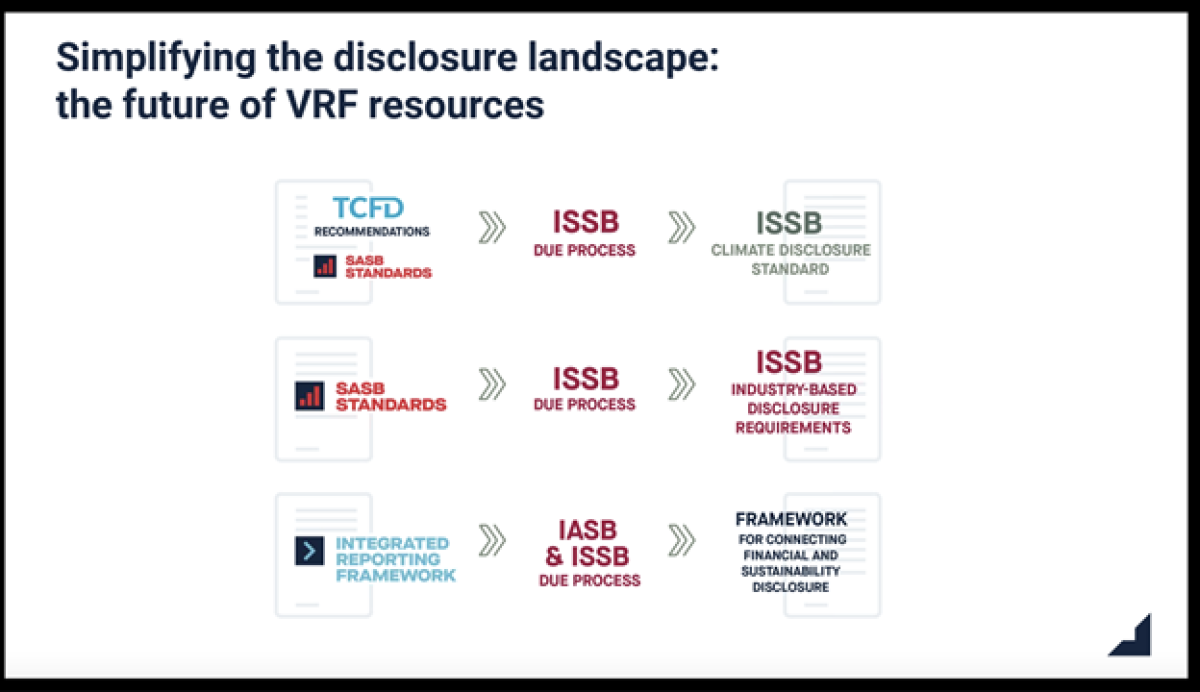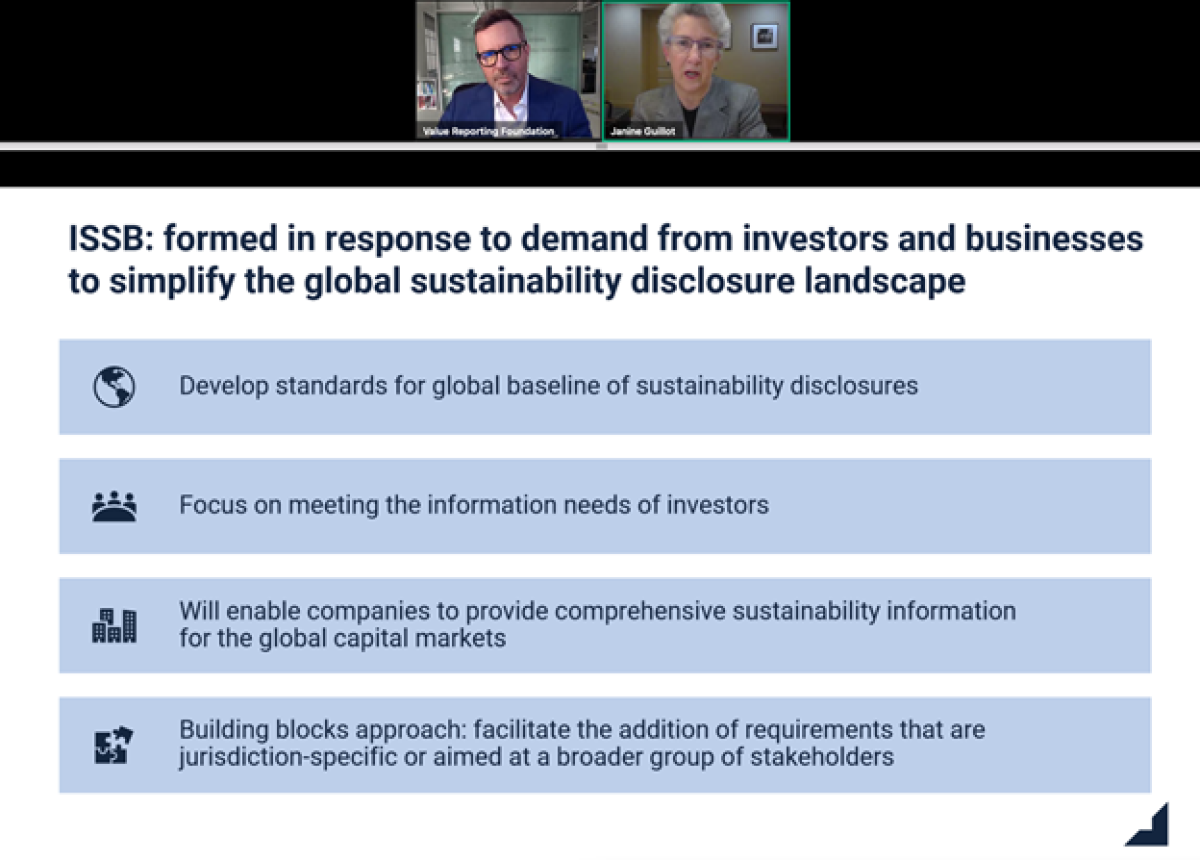By Kari Hayden Pendoley, Founder of Impact Savvy a strategy firm bringing profit and purpose together for its clients through ESG (Environmental, Social, Governance) and DEIB (Diversity, Equity, Inclusion, Belonging) outcomes.
ESG Regulation & Legislation
The Securities & Exchange Commission (SEC) has proposed new legislation that would require companies to report on climate-related targets and goals (Source: New York Times). With less than 1/3 of public companies currently reporting (Source: Fast Company) the SEC will ask businesses to look at future risk and material impact, internal governance of climate-related risk, and emissions.
“This has been years in the making,” shared Ceres Managing Director Steven Rothstein. “Ceres first met with the SEC in 2003, almost 20 years ago, on this exact issue. Investors have been calling for this for years and years.” Rothstein joined others in the industry during ESG Connect’s discussion on Unpacking the SEC's New ESG Rule Proposal (contact Impact Savvy for the recording).
Sustainability reporting has been encouraged but not mandated in most parts of the world. Europe paved the way for legal accountability, with many EU countries setting binding emissions targets and agreeing to force foreign subsidiaries to comply with EU ESG laws (Source: Bloomberg). Canada introduced mandatory climate disclosures for specific sectors by 2024 (Source: ESG Today).
As anticipated, the politicization of the SEC's proposed actions has already begun. The SEC is accused of department/government overreach (Source: City Journal), and Senators including Joe Manchin are concerned fossil fuel companies are unfairly targeted (Source: CNBC). Rothstein from Ceres reminds us that “their [SEC] focus is not on climate. It is a financial risk.” And there are plenty of examples to demonstrate that the financial risk is real, like PG&E’s $55M settlement to avoid criminal charges in California wildfire lawsuits (Source: VICE).
If the new standards are passed in the US, finance and legal teams will need to become involved in the accountability and reporting of ESG information. This will be a shift for most practitioners who are often small or one-person teams to a more cross-functional effort. Preparation work should be done now for companies to form multi-disciplinary teams, access data sets, address gaps, and be ready for regulation changes.
ESG Reporting & Framework Consolidations
Bringing together ESG reporting frameworks is long overdue. The Value Reporting Foundation (VRF) hosted a webinar to educate and ask practitioners to comment on the consolidation of ESG reporting frameworks (contact Impact Savvy for the recording).

Presented by the VRF team (pictured), both TCFD and SASB standards will convert nicely into the new ISSB framework.
The principles and concepts of the Integrated Reporting <IR> Framework will be integrated into the IFRS Foundation’s content to enhance the connectivity between the International Accounting Standards Board (IASB) and the ISSB, and between financial reporting and sustainability disclosure. The illustration shows how the TCFD recommendations and SASB Standards transition to the ISSB, while the <IR> Framework transitions to the IFRS Foundation to cover both the IASB and ISSB. For practitioners using the Global Reporting Initiative (GRI), there is an agreement with ISSB to begin aligning frameworks.
Take Action
My ESG peers, you have a unique opportunity to shape the future of reporting on sustainability, climate issues, and social impact outcomes for future generations. Please consider leaving a public comment in support of these initiatives in the following places:
- Before June 17th (extended from May 20th) – View the SEC's proposed ruling for climate disclosure and leave an SEC Public Comment.
- Before July 29 – View the ISSB Draft Snapshot for BOTH General Sustainability (IFRS S1; or read full draft) and Climate Disclosures (IFRS S2; or read full draft) and leave a public comment for the General Sustainability / IFRS S1 feedback survey and Climate Disclosures / IFRS S2 feedback survey.

VRF team (pictured) demonstrating how the simplification of the sustainability landscape can occur.
Need talking points?
- Explain why having global standards, a global baseline or metrics, and a revised framework building off of existing frameworks will make your job to report on important sustainability and climate metrics much easier, more streamlined, and more effective.
- Neil Stewart, Director of Corporate Outreach for the Value Reporting Initiative says, “I would add the importance of the ISSB’s industry-based approach to be cost-effective for preparers and decision-useful for both investors and management.”
- Highlight the importance of taking action now to prevent the catastrophic outcomes to occur by 2050 in the United Nations (UN) Climate Report (Source: UN).
- Share your passion for this work and why it matters to have professionalization around what we do in the business and investor communities. Our work is not a nice-to-have marketing opportunity. It is how we save our species and our planet.
About the Author:
Kari Hayden Pendoley is the Founder of Impact Savvy a strategy firm bringing profit and purpose together for its clients through ESG (Environmental, Social, Governance) and DEIB (Diversity, Equity, Inclusion, Belonging) outcomes. Kari has worked with Fortune 100 companies, Nobel Laureates, Forbes Top 10 Self-Made Women, celebrated social entrepreneurs, and government agencies. Kari is a National Diversity Council certified practitioner, a Board member, and a thought leader writing for industry blogs and speaking at events.





